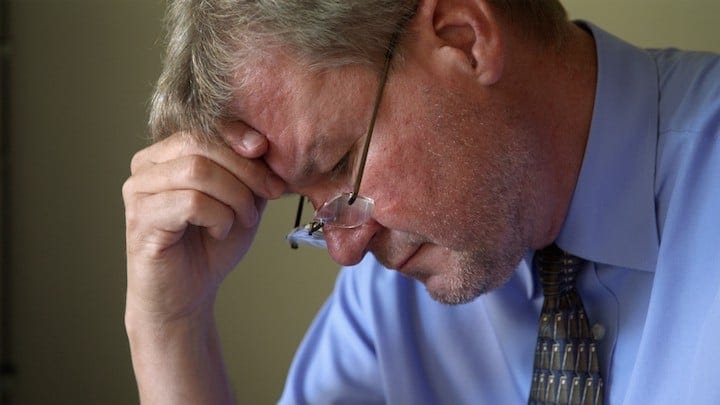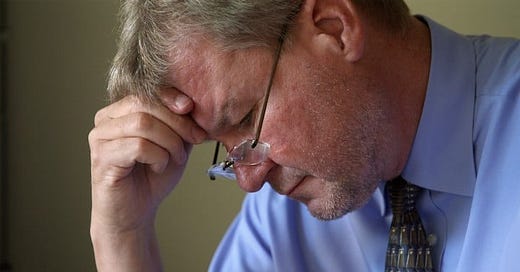Interview: Jay Reinke On Being the Subject of ‘The Overnighters’ and Jesse Moss On Capturing It All

The Overnighters is an exceptional documentary that I described in my review as a “rare and beautiful thing.” The film follows Jay Reinke, pastor of the Concordia Lutheran Church as he opens his doors to workers descending upon his town of Williston, North Dakota, in search of riches during the local natural gas fracking boom.
I wrote that director Jesse…
Keep reading with a 7-day free trial
Subscribe to Nonfics to keep reading this post and get 7 days of free access to the full post archives.



